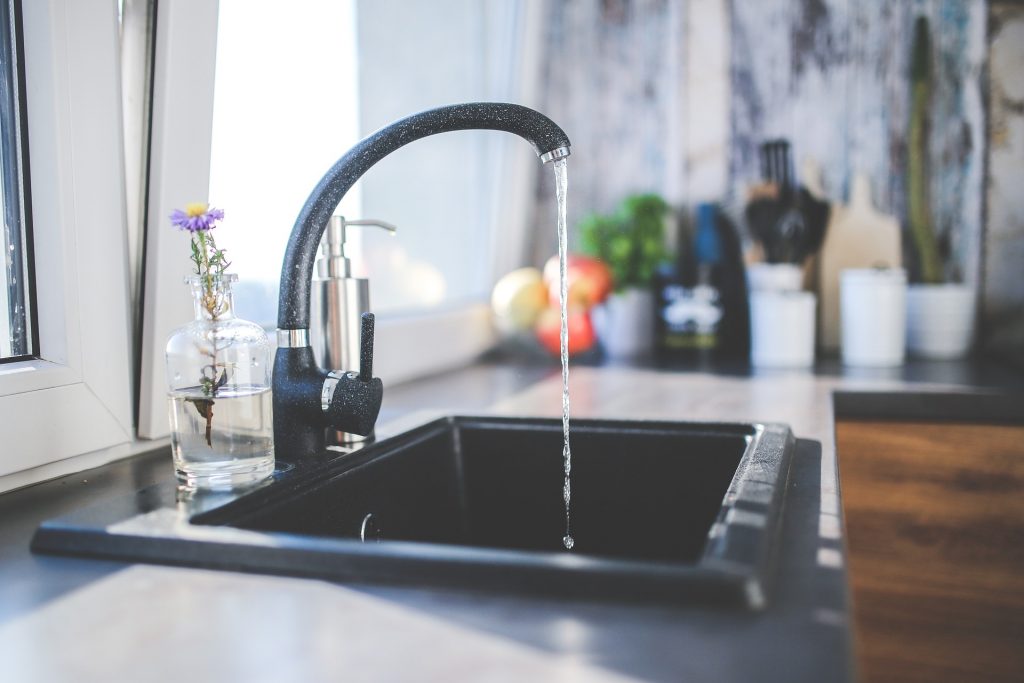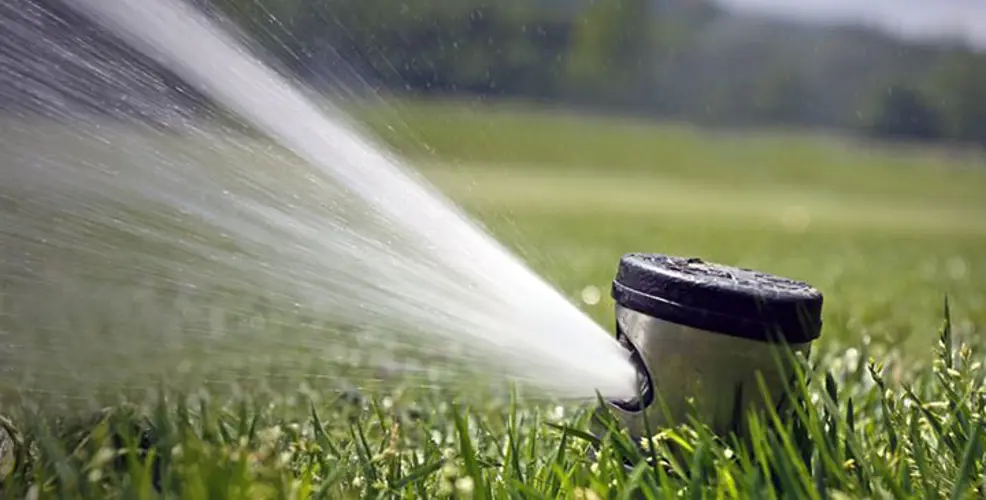
Smart Water Efficiency Solutions for a Sustainable Future
Share
As we navigate through a rapidly evolving technological landscape, integrating smart water efficiency solutions into our everyday practices has become increasingly vital. For tech professionals and enthusiasts alike, recognizing the significance of these solutions is crucialnot just for sustainability, but also for pioneering advancements in water management. The pressing global water crisis necessitates a reevaluation of our water usage and conservation strategies.
Smart water efficiency solutions have moved beyond being a mere trend; they now represent an urgent requirement. Utilizing sensors, automation, and data analytics, these solutions create a holistic framework for managing water resources effectively. This innovative approach allows us to monitor, control, and enhance our water usage, thereby playing a significant role in conservation efforts and minimizing waste.

The Vital Role of Smart Water Systems
Water is a limited resource, and as the global population continues to grow, the pressure on our water supply systems increases exponentially. Traditional conservation methods are becoming insufficient. Smart systems usher in a new era of water management, granting precise control and monitoring capabilities across diverse sectors, from residential to industrial.
A major advantage of smart water efficiency solutions lies in their ability to deliver real-time data and insights. This functionality enables swift responses to leaks and overconsumption, significantly curbing water waste. For tech enthusiasts, incorporating IoT devices and data analytics into water management presents an exciting challenge and an opportunity for further innovation. For instance, you can learn more about water saving toilets to enhance your conservation efforts.
How Technology Boosts Water Conservation
Technological integration into water conservation is multi-dimensional. Smart meters have become commonplace, enabling real-time monitoring of water usage. Not only do these devices identify leaks, but they also provide valuable data to formulate more efficient water utilization strategies. Exploring usage reduction hacks can be an excellent way to augment your conservation initiatives.
Additionally, the application of AI and machine learning in water management is a groundbreaking development. These technologies can analyze extensive data sets to forecast water demand and optimize supply. By examining historical usage patterns, AI systems can propose ideal water usage schedules, thereby lowering both costs and consumption.
Case Studies Demonstrating Smart Water Efficiency
Numerous cities and enterprises have effectively embraced smart water efficiency solutions. For example, Barcelona has implemented an advanced irrigation system that leverages sensors and weather forecasts to fine-tune water usage in public parks, achieving a remarkable 25% reduction in water consumption.
In the industrial sphere, organizations are utilizing smart water systems to oversee and regulate water consumption within manufacturing processes, promoting not only efficiency but also adherence to environmental regulations. You can read about the benefits of water recycling as part of this initiative.
Navigating Challenges and Opportunities
Though the advantages of smart water efficiency solutions are evident, implementation challenges exist. The upfront costs can be daunting; however, long-term savings from reduced water expenses and environmental advantages often justify these initial investments.
Furthermore, adopting smart systems necessitates a cultural shift and operational adjustments. Organizations must commit to training their workforce, ensuring they are prepared to work with these new technologies. This situation provides tech professionals with a unique opportunity to spearhead the development and implementation of inventive solutions.
Future Outlook
The future of smart water efficiency solutions is bright. As technology continues to progress, we can anticipate increasingly sophisticated systems that offer enhanced precision and effectiveness. The contributions of tech enthusiasts and professionals will be paramount in driving these innovations.
By embracing these advancements, we can make substantial progress toward achieving water sustainability. For those interested in effective home strategies to save water, the Top 10 Water Saving Tips provide practical insights and recommendations.
As we gaze into the future, the integration of smart technologies in water management emerges as not just an alternative but an essential course of action. Together, we can strive toward a sustainable future where our water resources are managed with care and responsibility.

FAQ Section
What are smart water meters?
Smart water meters are innovative devices that monitor real-time water usage, assisting in leak detection and facilitating efficient water management.
How does AI contribute to water conservation?
AI utilizes data analysis to predict water demand and optimize supply, offering suggestions for ideal water usage schedules based on historical patterns.
What challenges accompany the implementation of smart water solutions?
Major challenges include initial costs and the necessity for workforce training. However, the long-term benefits typically outweigh these initial obstacles.
